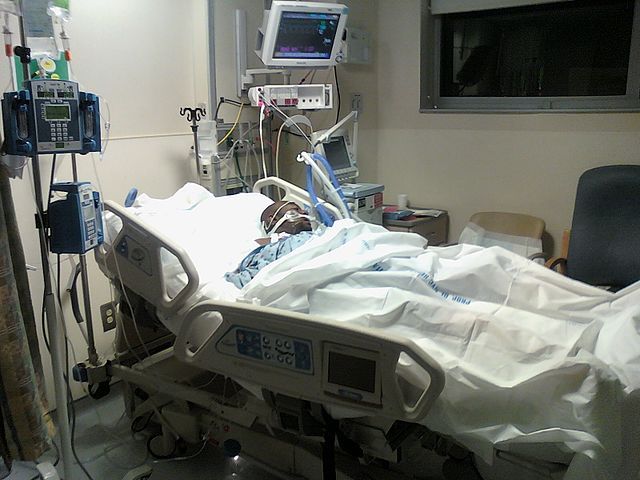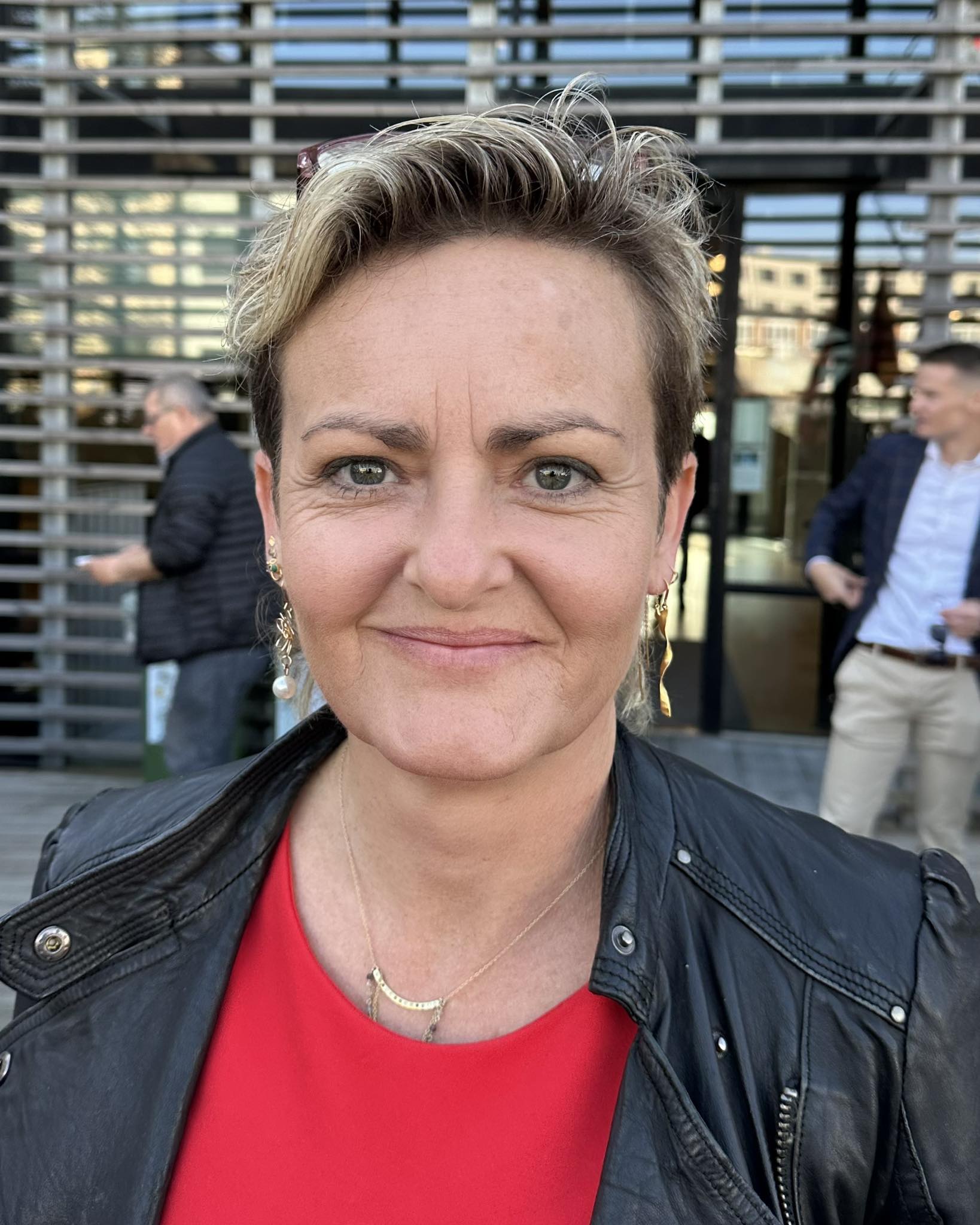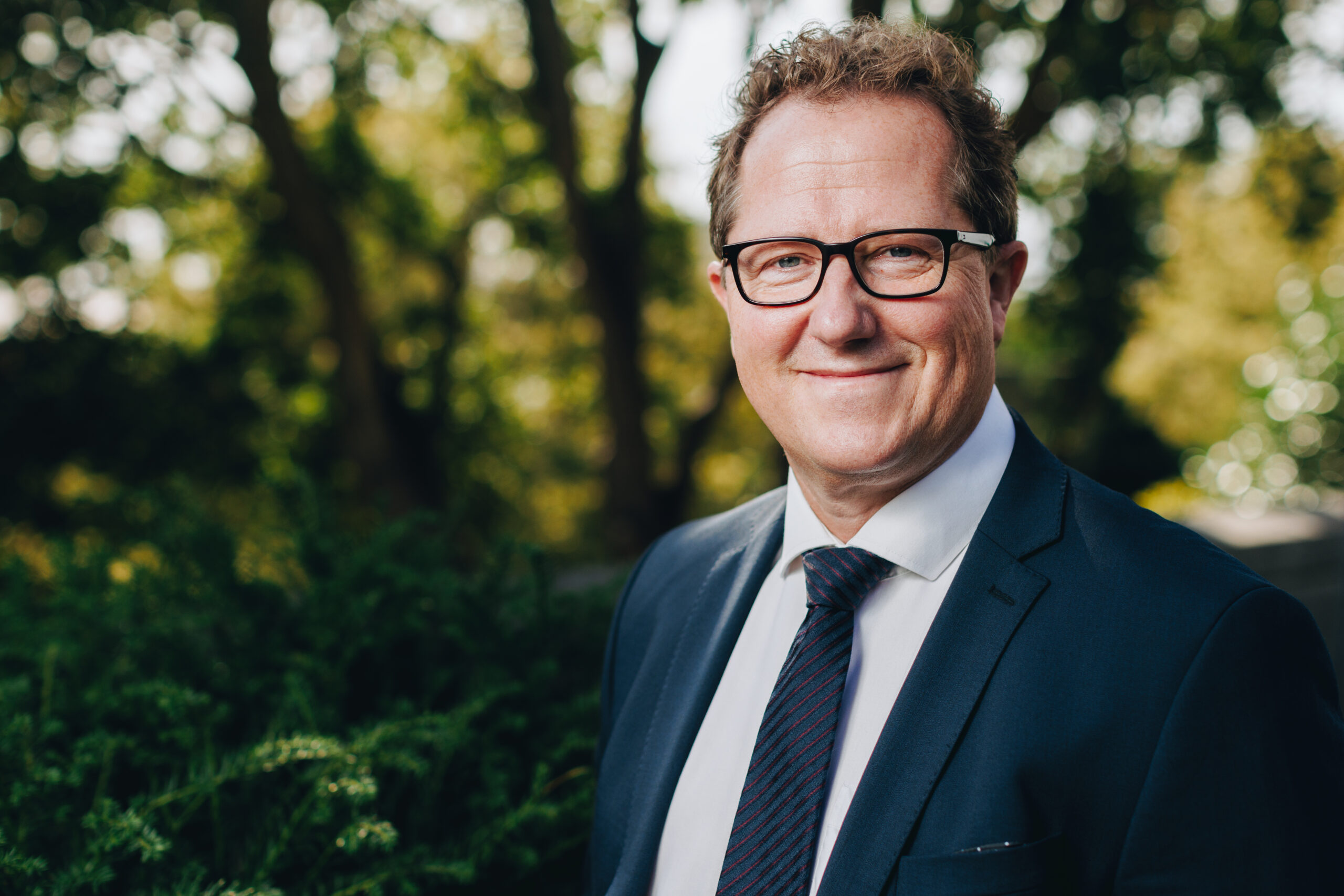There is now a majority in Parliament in favour of giving patients more options when it comes to receiving treatment at the end of their lives.
At present, if a person is considered to be imminently dying, they can receive help to die in the form of large amounts of painkilling-drugs.
However, the health minister, Ellen Trane Nørby, feels that Danes ought to have more influence on how their life ends, reports DR Nyheder.
“It’s extremely important to ensure that people have more say in the matter. We need to greatly expand the possibilities for pain relief compared to what we have today.”
READ MORE: Nurses applaud terminally-ill medication legislation
Taking control at the end
The idea is that patients will be able to choose to receive large doses of painkillers even though a doctor judges they could live longer than a few weeks.
“When a doctor says someone is going to die within a few weeks, there should be the possibility to stop medicine, food and drink and give soporifics so that the person ends up peacefully dying in their sleep,” explained the Socialdemokratiet spokesperson on health issues, Flemming Møller Mortensen.
According to Danske Folekeparti, it would also provide comfort and security for the patient to know they can avoid a long and painfully drawn-out death.
“Many people are afraid that they will suffer at the end, but they ought not to have to. We would like to see a dignified process for death in which the patient can say that they no longer want to be connected to a life-support machine or whatever other treatment they are undergoing,” said Liselott Blixt, DF’s health spokesperson.
The will to die
Another suggestion is a legally-binding will that ensures the individual can refuse life-extending treatment in advance.
“That would help focus on making sure that doctors respect the wishes of their patients regarding treatment and the fact that they don’t want to be kept alive against their will,” said Blixt.
Det Etiske Råd, the government’s ethical council, is also positive. There is also an advantage for people working in the health sector because it removes doubts about what treatment a dying patient should be given.
“It removes the uncertainty that health staff might have because in the penal code there are some paragraphs regarding helping people in distress,” said the council’s chairman, Gorm Greisen.















